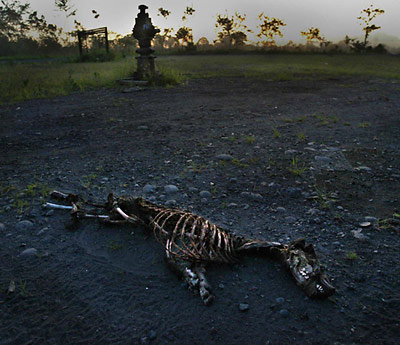EdwardBaiamonte
Platinum Member
- Nov 23, 2011
- 34,612
- 2,153
- 1,100
Why do you constantly support greedy communists in China? Are you stupid??dear, tragedy of commons can read tragedy of communism. It is used to support conservatism not communism. What grade are you in?
dear, tragedy of commons can read tragedy of communism. It is used to support conservatism not communism. What grade are you in?


